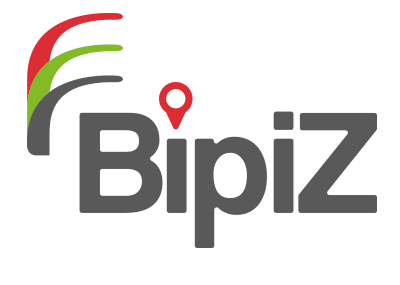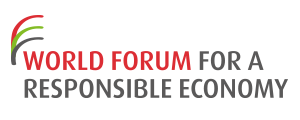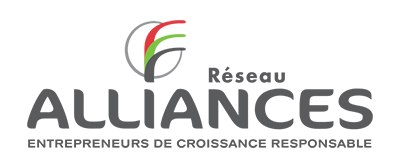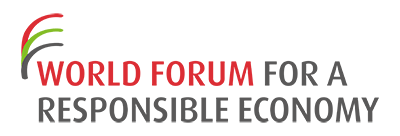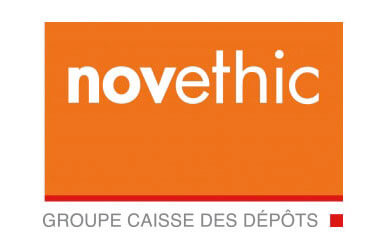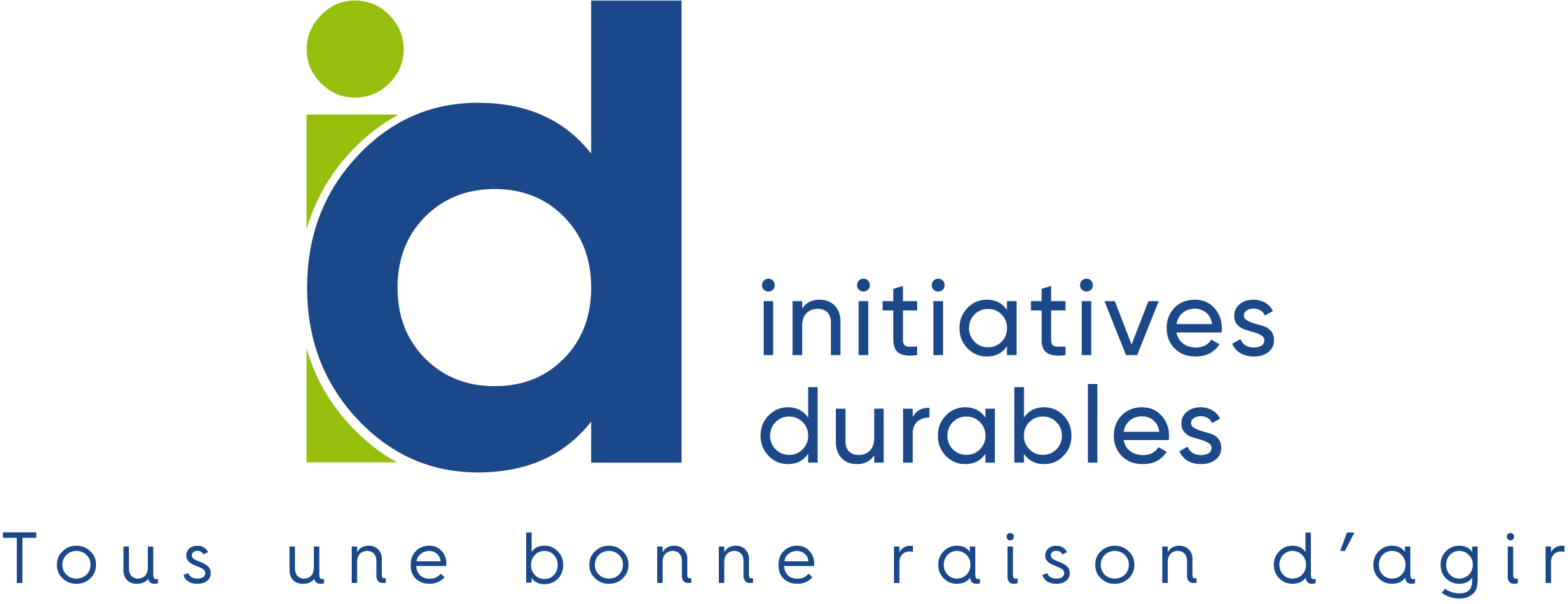Seventy per cent of the fine cocoa of the world is grown in Ecuador; this farming activity is undertaken by around 150 thousand families of small producers. However, although the world demand for fine flavour cocoa known as Arriba Nacional, used to make premium chocolates, is increasing year by year, the income and living standards of the small-scale farmers has seen no such increase.
Only eight per cent of the cocoa produced in Ecuador is exported in the form of chocolate as an end product. This export dynamic of raw material (92%) means that prices in the cocoa sector vary according to global supply and demand. This instability in the prices paid to small producers has a serious effect on their finances. The situation is particularly acute at times when the price may even fall below production costs.
On the other hand, it is calculated that approximately 86% of the cocoa production is marketed through intermediaries. This marketing system means that the producer receives less than 50% of the value per quintal of dry cocoa by the bag. This dynamic has also meant that, historically, levels of productivity and profits in the rural family farming sector could be so low that they did not cover production costs. For example, according to figures from the Ministerio de Agricultura y Ganadería (MAG) (Ministry of Agriculture and Livestock), the average production in provinces such as Manabí is 6.38 qq per hectare (ha) per year, with a price of 568 Euro per bag at the end of August 2018. This level of production and price scarcely meets the running costs, which according to the MAG are between 763 and 1300 Euro per ha.
In addition to this problem of low profitability and productivity, around 90% of the farmers have no access to credit which makes it difficult for them to make improvements to the production process or take advantage of technological progress that would be advisable to improve quality.
Pacari Chocolate is a family business created in 2002 by Santiago Peralta and Carla Barbotó with the aim of changing the history of chocolate in Ecuador. What began as a family business, very soon became a Company that revolutionised the industry, not only in the country but in the whole of Latin America.Pacari seeks to break up the dynamics of the market and of brokering, paying a higher price than that dictated by the market, and thus recognising the organic quality and giving family farming prospects for the future.
